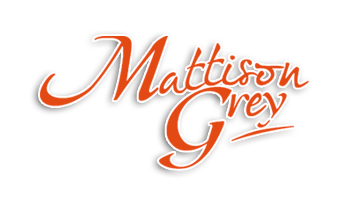The Choice IS Yours
How many times in the recent past have you or someone around you said, “I have no choice.”? I have been hearing it quite a bit recently, and it is driving me crazy. Why? We always have a “choice.” Please stop saying “I have no choice” or “had no other choice” or indulging others use of this lame excuse. A choice that is hard or risky is still a choice. Not making a hard decision is a choice. Your current situation, as good or bad as it is, is your choice. You chose it, and you can choose something else. When people say they don’t or didn’t have a choice, it’s simply not true. If they were to examine the situation closely they would see that they did have a choice, they just preferred the option they took as it was easier, less risky, or more rewarding. People usually use the “I had no choice” statement to justify their actions or lack of action. In reality, in our country there are really very few times when there is truly NO CHOICE. But that doesn’t stop us from using it as a crutch, an excuse, a reason, a way to justify.
In the end, it all comes down to choice, and just because you don’t like the choices in front of you, doesn’t mean you don’t have one.





No Choice is a euphemism for No Responsibility.
Julia,
Yes, I agree 100%.
So true, Mattison! I cringe a little inside when I hear “I had no choice.” Of course, I am all about the possibilities that people have and believe we are blessed with choice every moment of our days. To say “I had no choice” takes the power out of the person. Better to say “I chose not to do anything!”. There is power in that choice.
I recently read Intuition Pumps by the philosopher/neuroscientist, Daniel Dennett. I suspect he’s absolutely right on this topic, but it may be impossible to ever prove. It goes something like this: humans are extremely complex, but if we knew every variable that goes into each choice, we would be able to predict every choice with mathematical precision. In other words, we may feel we have free will, but probably we don’t. Here’s the interesting part: studies show that when people believe they don’t have free will, they make more dishonest or irresponsible choices. When they believe they do have free choice, they are more trustworthy/responsible. The belief in free choice, itself, is an important variable. Trust and responsibility lead to positive outcomes. Free choice is an empowering belief, regardless, whether or not it’s real.
Julia,
Thanks for sharing, that is really interesting. It sounds like, as with most everything else, it boils down to belief and limiting beliefs.
Kathi, yes! I cringe too, makes me crazy. Sounds like Julia is on to something. Whether its lack of personal responsibility, powerlessness or victim mentally, it can all be busted through with some work on limiting beliefs. The paradox? The people who use the “I had no choice” excuse probably aren’t seeking out great coaching to work through it.